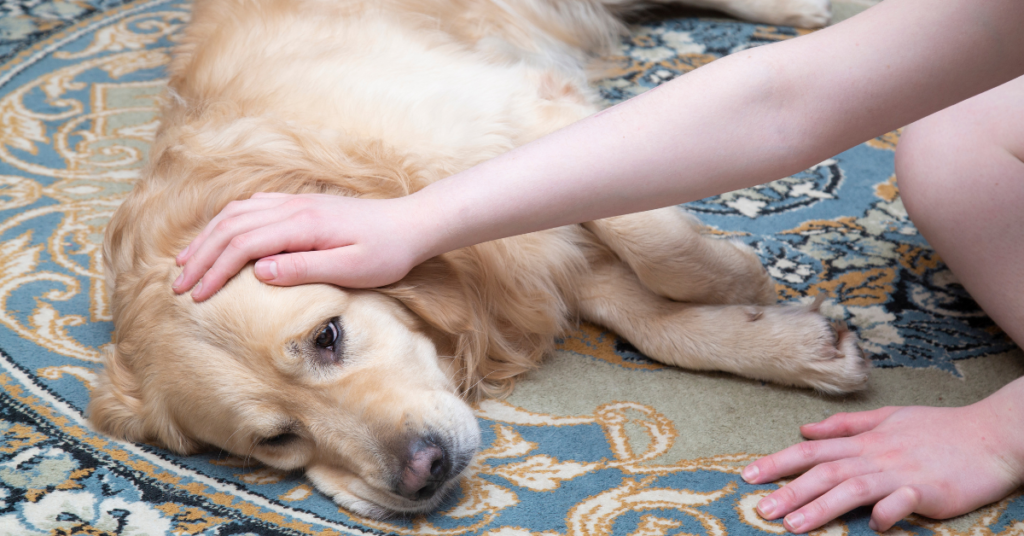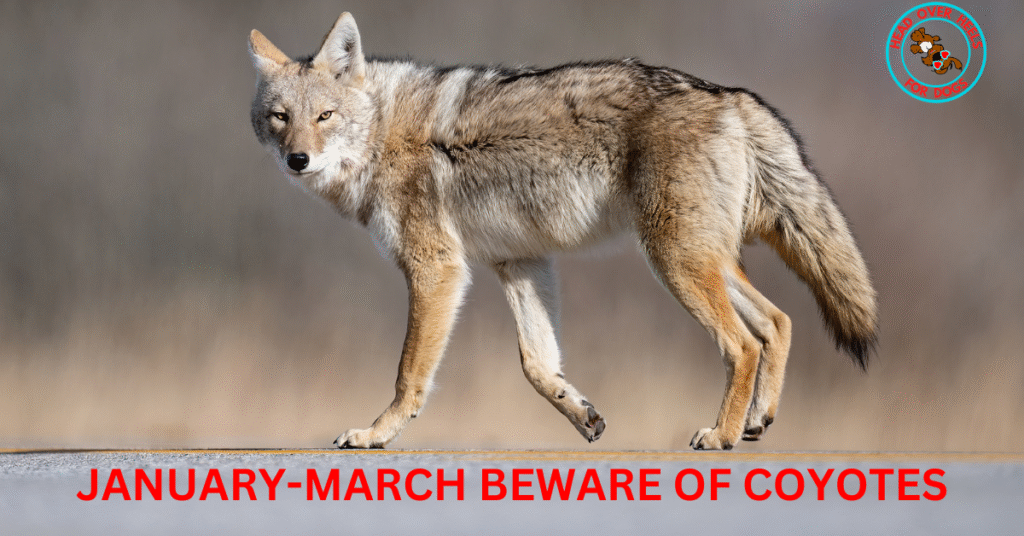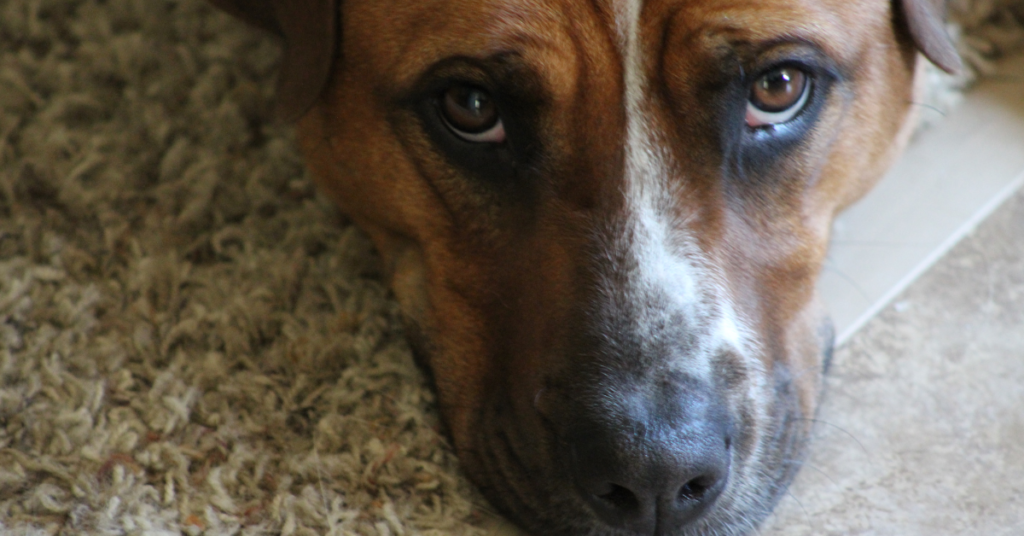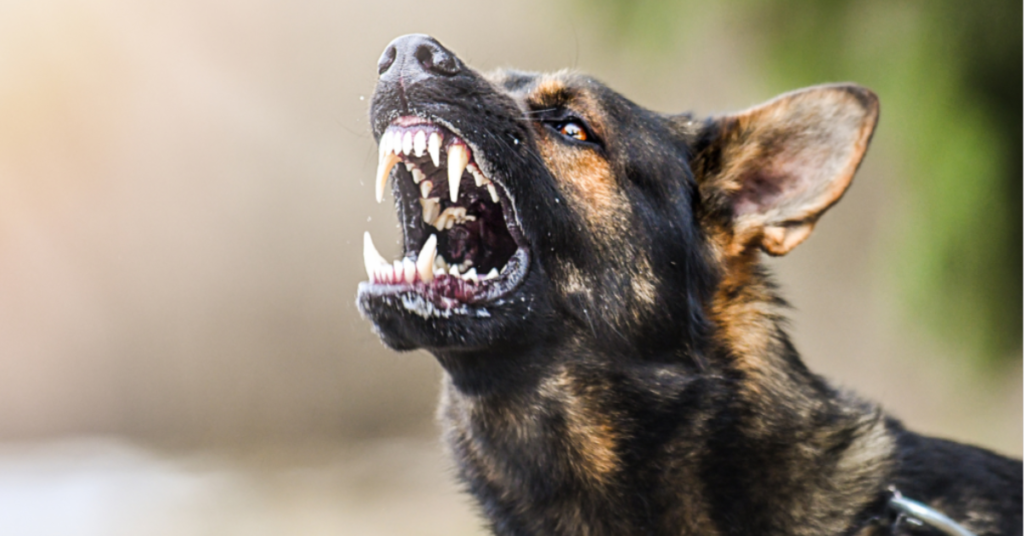Bordetella bronchiseptica is a bacterium that causes respiratory infections in dogs and other animals.
It is most commonly associated with kennel cough, a highly contagious respiratory condition.
Bordetella is one of the leading bacterial causes of kennel cough in dogs.
The bacterium is airborne and spreads quickly in environments where dogs are in close contact, such as kennels, dog parks, and grooming salons.
*Disclaimer: This Post May Contain Affiliate Links. This Means That I Receive A Small Commission At No Extra Cost To You Should You Click Through And Make A Purchase. Learn More On My Policy Page
How Do Dogs Get Infected with Bordetella?
Dogs can get infected with Bordetella through:
- Direct contact with an infected dog.
- Inhaling respiratory droplets from coughing or sneezing dogs.
- Contact with contaminated surfaces, like water bowls, toys, or bedding.
Dogs in environments with high concentrations of dogs, such as shelters, boarding facilities, or dog daycares, are at higher risk.
What Are the Symptoms of Bordetella in Dogs?
Common symptoms include:
- Persistent coughing, which may sound like a “honk.”
- Sneezing and nasal discharge.
- Fever, easily checked with the iProven Dog & Cat 20 Second Digital Thermometer.
- Lethargy or decreased energy.
- Loss of appetite.
The cough can last from several days to weeks, and it is often worse with activity.
Some dogs may not show severe symptoms but can still be contagious.

How is Bordetella Diagnosed in Dogs?
To diagnose Bordetella, veterinarians typically perform:
- Physical examination: Listening to your dog’s cough and lungs.
- Nasal or throat swabs: Samples are tested to identify the bacteria.
- X-rays: In severe cases, x-rays may be done to check for pneumonia or other complications.
If your dog is coughing, it is crucial to seek veterinary care to get an accurate diagnosis.
How is Bordetella Treated?
Treatment often involves supportive care to help your dog recover, such as:
- Rest: Allow your dog to recover in a calm, quiet environment.
- Antibiotics: In some cases, antibiotics may be prescribed to fight the bacterial infection.
- Cough suppressants: These can be used to reduce the severity of coughing and help your dog rest.
- Fluids: Ensuring your dog stays hydrated, especially if they have a fever.
Most cases resolve on their own within 10 to 14 days with supportive care.
Is Bordetella Contagious to Humans or Other Animals?
It can infect other animals, including cats, rabbits, and pigs.
However, it is rare for it to infect humans, and this generally only happens in people with weakened immune systems.
If you have multiple pets, it is essential to isolate an infected dog to prevent spreading the bacteria to other animals.
Can Bordetella Be Prevented?
Yes, vaccination is the best way to prevent Bordetella infections.
The vaccine is commonly given to dogs who:
- Spend time in kennels, boarding facilities, or dog daycare.
- Frequently visit dog parks or grooming salons.
- Participate in dog shows or agility events.
The vaccine is available in injectable, nasal, and oral forms.
- Puppies typically receive the vaccine starting at 8 to 12 weeks of age.
- Adult dogs should receive booster shots annually or more frequently if they are in high-risk environments.
In addition to vaccination, it’s important to:
- Practice good hygiene by disinfecting areas where dogs gather, with a disinfectant like KennelSol 1-Step Kennel Cleaner.
- Keep dogs up-to-date on their overall vaccination schedule.

How Long Does the Bordetella Vaccine Last?
The duration of immunity depends on the type of vaccine given and your dog’s risk factors.
- Injectable vaccines typically last for one year.
- Nasal and oral vaccines may provide shorter immunity, often between six months to one year.
Your vet will recommend a vaccination schedule based on your dog’s exposure to other dogs and overall health.
What Are the Side Effects of the Bordetella Vaccine?
While most dogs tolerate the vaccine well, some may experience mild side effects, including:
- Slight coughing or sneezing (especially with nasal vaccines).
- Lethargy or tiredness.
- Mild fever or decreased appetite.
These side effects are typically short-lived and resolve within a day or two.
If your dog shows more severe reactions, such as vomiting, diarrhea, or swelling, contact your veterinarian immediately.
How Can I Keep My Dog Safe From Bordetella?
In addition to vaccination, you can take steps to reduce your dog’s risk of exposure by:
- Limiting contact with unvaccinated dogs.
- Ensuring that your dog stays in clean and ventilated environments.
- Avoiding dog parks or boarding facilities during outbreaks.
- Quarantining any new pets before introducing them to your household.
These precautions, along with regular vaccinations, help keep your dog safe from respiratory infections like Bordetella.
What Happens if Bordetella is Left Untreated?
In many cases, it resolves on its own with proper rest and care.
However, if left untreated, complications can arise.
In young puppies, senior dogs, or those with compromised immune systems, the infection can lead to more severe conditions like pneumonia.
Prolonged coughing and respiratory distress can weaken the dog’s overall health and immune response.
To avoid complications, always monitor your dog closely for changes in symptoms and consult your vet if the condition worsens or lasts longer than expected.
Can Dogs Recover Fully from Bordetella?
Yes, most dogs make a full recovery, especially with supportive care.
For dogs with mild cases, symptoms often improve within 7 to 14 days.
However, dogs recovering from Bordetella may still be contagious for a while, so it’s important to isolate them from other pets during recovery.
For long-term health, keeping up with vaccinations and following your vet’s advice ensures your dog stays healthy and reduces the risk of future respiratory infections.
Protecting Your Dog from Bordetella
Bordetella bronchiseptica is a common and contagious cause of kennel cough in dogs.
While it can cause discomfort and coughing, most cases are mild and resolve with proper care.
By ensuring that your dog is vaccinated, avoiding high-risk environments, and practicing good hygiene, you can help prevent this infection.
If your dog shows symptoms of Bordetella bronchiseptica, seek veterinary care to ensure they receive the appropriate treatment.
Consult your vet or visit Merck Veterinary Manual for more information about kennel cough.













